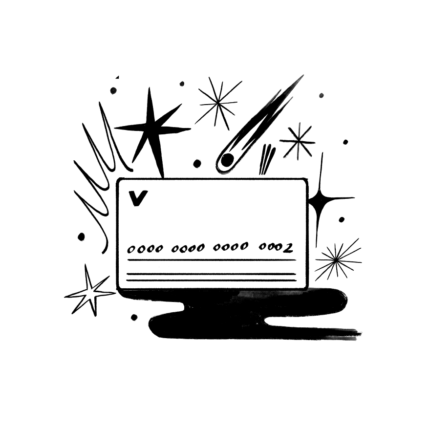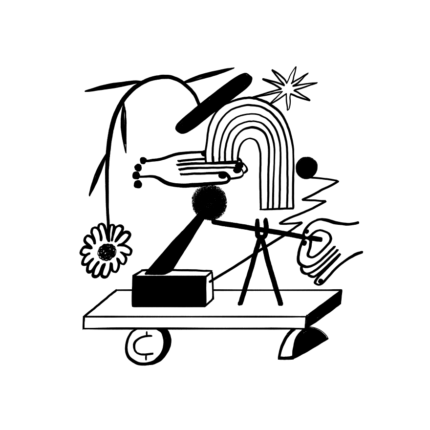
Am I eligible for a health savings account?
Not sure if you qualify for a health savings account (HSA)? Fear not. We’re here to fill in the gaps.
First things first: if you get your insurance through your employer, ask them if your coverage qualifies. In order to be eligible for a health savings account (HSA), you must be enrolled in a high deductible health plan (HDHP) that is designated by the IRS as a Consumer-Driven Health Plan (CDHP).
HDHPs have a deductible of $1,500 for an individual or $3,000 for a family and are designated as a “consumer-driven health plan” by the IRS.
If you get your health insurance on your own, you can shop around for the right HDHP on Healthcare.gov. Not all HDHPs allow HSAs, though, so be sure to choose one that does!
Also, to be eligible for an HSA, you can’t be covered by any other health insurance plans, be claimed as a dependent by someone like your parents, or be enrolled in Medicare.
Contribution Limits
Once you’re all set with your HSA, get familiar with the contribution limits (more on that here). But here’s the quick and dirty: you can contribute up to $4,150 as an individual and $8,300 for a family to your HSA in 2024, per IRS restrictions. However, if you’re 55 or older, you can make an additional $1,000 “catch-up” contribution to your HSA annually.
And for the proud members of the gig economy? We didn’t forget about you. Yes, you can have an HSA when you’re self-employed. You just can’t contribute more than your net income from the previous year, even if it’s still less than the IRS limits.


